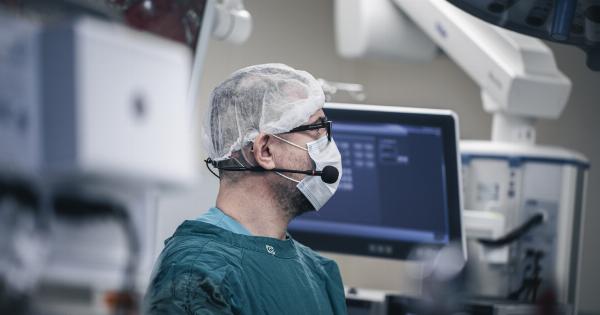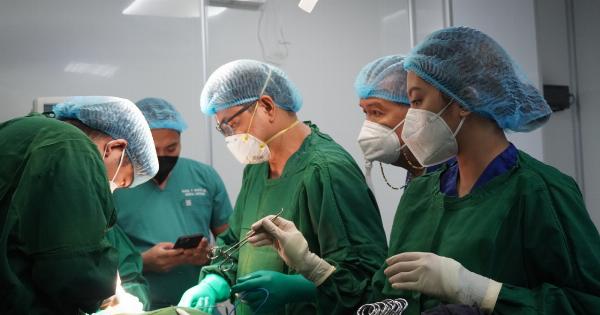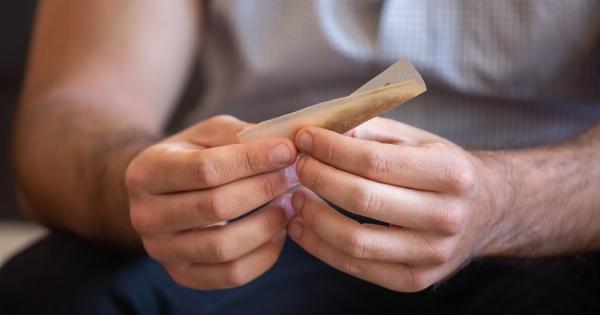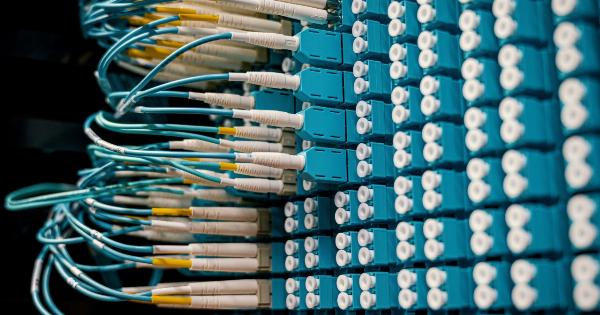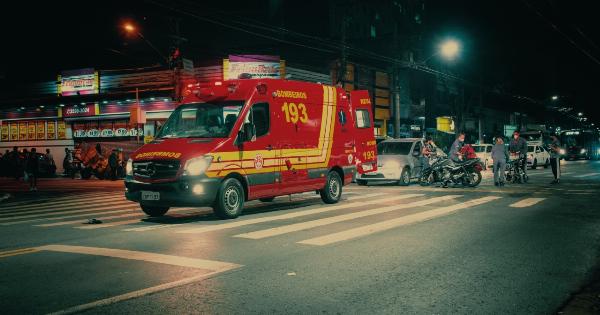The summer season is a great time for athletes to recover from hernia surgery. A hernia is a common injury that affects millions of people worldwide. It occurs when an organ protrudes through a weak spot in the surrounding muscle or tissue.
Hernias are most common in the abdomen, but they can also occur in other parts of the body, such as the groin, upper thigh, and belly button.
What is a Hernia?
A hernia occurs when an organ or tissue protrudes through a weak spot in the surrounding muscle or tissue. The weak spot can be present from birth or develop over time due to strain or injury.
Hernias are most common in the abdomen, but they can also occur in other parts of the body, such as the groin, upper thigh, and belly button.
What are the Symptoms of a Hernia?
The symptoms of a hernia vary depending on the type and location of the hernia. Common symptoms include:.
- Bulge or swelling
- Pain or discomfort
- Weakness or pressure
- Nausea or vomiting
- Difficulty with bowel movements
- Fever or chills (in rare cases)
What Causes a Hernia?
Hernias can be caused by a variety of factors, including:.
- Heavy lifting or strenuous activity
- Obesity or excessive weight
- Pregnancy or childbirth
- Chronic cough or sneezing
- Straining during bowel movements or urination
- Family history of hernias
- Prior surgery or injury in the affected area
Treating a Hernia
The treatment for a hernia depends on the severity and location of the injury. In some cases, the hernia may go away on its own, but most hernias require surgery to repair.
During surgery, the affected tissue or organ is returned to its proper place, and the surrounding muscle or tissue is reinforced to prevent future hernias.
Athlete Hernia Recovery
Athletes who have undergone hernia surgery need time to recover before returning to their sport of choice. However, the summer season provides an excellent opportunity for athletes to recover from their injury and prepare for the upcoming season.
Here are some tips for athlete hernia recovery:.
- Rest and relax: After surgery, it’s important to rest and relax to allow your body to heal. Avoid strenuous activity and listen to your body’s signals.
- Follow your doctor’s orders: Your doctor will provide instructions on how to care for your surgical wound, what medications to take, and when it’s safe to resume activity. Follow these instructions carefully.
- Eat a healthy diet: Eating a balanced diet rich in protein and vitamins can help promote healing and reduce inflammation.
- Stay hydrated: Drinking plenty of water and fluids can help prevent constipation and reduce the risk of complications after surgery.
- Engage in gentle exercise: Walking or gentle stretching can help improve circulation and promote healing without putting too much strain on the injury.
- Wear proper support: Depending on the location of the hernia, your doctor may recommend wearing a supportive brace or wrap to help reduce pain and support the injured area.
- Take it slow: Don’t rush your recovery. Give your body time to heal and slowly ease back into your regular exercise routine.
- Consider physical therapy: Physical therapy can help strengthen the muscles and tissues around the hernia to prevent future injuries.
When to See a Doctor
If you experience symptoms of a hernia, such as a bulge or swelling, pain, or discomfort, it’s important to see a doctor. If left untreated, a hernia can become more severe and lead to serious complications.
In some cases, emergency surgery may be necessary to repair the hernia and prevent further damage.
Conclusion
A hernia can be a painful and debilitating injury for athletes. However, with proper treatment and care, athletes can recover from their injury and return to their sport of choice.
By following the tips outlined in this article and working closely with your doctor and medical team, you can ensure a safe and successful athlete hernia recovery.


